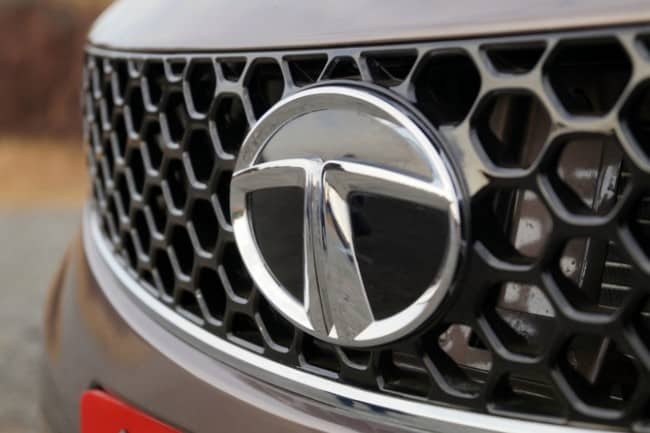Tata Motors shifts focus to Electric Vehicles & Hybrids

In the current environmental scenario where concerns are being raised over vehicular tail-pipe emissions, it is not surprising to see auto-manufacturers betting on alternative-fuel technologies for the future. Tata Motors, India’s most prolific domestic car manufacturer has traditionally favoured diesel engines to power their vehicles. However, the Mumbai based auto-giant too is starting to move away from old favourites. From exploring propulsion solutions based on hybrid technology, to low-emission petrol motors and pure-electric vehicles, the auto-giant is leaving no stone unturned in its quest.
Among the many pressures on wide-spread adoption of electric vehicles (EV’s), the near-prohibitive cost of batteries that power such vehicles has proved to be a massive deterrent. However, all this is starting to change and like it is with most things these days, the answer lies in the global low-cost manufacturing hub of China. With pollution levels having risen to lung-damaging levels, China has begun investing heavily in electric propulsion systems. With the supply-chain stepping up to meet the rising demand, it is having a positive effect in the bargain, with battery costs dropping steadily.
Tata Motors of-course is no stranger to electric-vehicles. Long before concerns over tail-pipe emissions reached a shrill crescendo, Tata was out testing a fleet of electric-powered Vista hatchbacks in the United Kingdom. The manufacturer has typically favoured hybrids as the technology of choice for their future plans in both, the commercial as well as passenger vehicle segments. The company has recently begun a pilot-production run for local assembly of batteries for automotive propulsion applications as well.
Meanwhile, Tata Motors isn’t completely abandoning conventional fuels in the near future. Only that it will be shifting focus from diesel propulsion to compact petrol motors. Their newest compact-hatch, the Zica is powered by a 1.2 litre, three-cylinder petrol engine under the hood. It will be complemented by an even smaller, one litre engine that the company has developed from the ground up.
As the heat intensifies over rising pollution levels, the auto-industry will have to put their weight behind cleaner burning propulsion systems and as Tata Motors has shown, hybrids & electric vehicles might just be the way.

Comments